When the King makes his first public address since his cancer diagnosis today, the occasion could not be more fitting. The monarch will address, via video, a full house at Westminster Abbey’s multi-faith Commonwealth service. No one knows the Commonwealth as well as Charles III. He grew up around its founding fathers. As Prince of Wales, his credentials – not least as an environmentalist – were such that the Commonwealth summit unanimously endorsed him as future head in 2018. But 2024, which marks the 75th anniversary of the Commonwealth, will be a challenging year for the organisation – and the King’s diplomatic skills will be vital if it is to navigate these difficulties successfully.
The Royal Family cannot enter the decolonisation debate
Ominous fault lines are opening up, posing potential problems both for the organisation and for the King himself. Two major Commonwealth nations, India and South Africa, have abstained from all UN action against Russia’s assault on Ukraine (both were noticeably absent from the detachment of Commonwealth troops at the King’s Coronation). On the day it was announced that the Russian opposition leader, Alexei Navalny, had perished, it emerged that a senior delegation from South Africa’s ruling ANC was in Moscow for a cosy conference on ‘decolonisation’. Last week, Moscow announced that there would be a ‘Russia Africa Summit’ in Sochi this autumn, at around the same time as the Commonwealth Heads of Government Meeting (CHOGM) in Samoa. No matter that Russia’s invasion of Ukraine is brazen imperialism of the most brutal kind, Moscow has found that posing as the champion of ‘decolonisation’, invoking memories of Soviet-era solidarity with Marxist independence struggles, still plays well.
Meanwhile, the Caricom group of Caribbean nations concluded their latest summit last month with a pledge to put reparations for slavery squarely on the agenda at this year’s Commonwealth gathering. Last week, the committee appointed by the Church Commissioners to oversee the £100 million fund ‘to heal and repair’ the Church of England’s historic links to trans-Atlantic slavery, had some important news. It has now set a new target of £1 billion and has cut the delivery time from nine years to five. It also cites the recent report by Jamaica’s Judge Patrick Robinson, late of the International Court of Justice, which calculates that Britain owes $24.011 trillion (£19 trillion) in reparations.
All this illustrates that ‘historic justice’ is now a key issue for many within the Commonwealth. That, in turn, will require deft statesmanship from the King as the ultimate symbol of the Commonwealth, of the Crown and of the former imperial power. There will be demands for apologies and for substantial sums of money from both the UK and from the monarchy itself. The King can only act on advice from his ministers, although what happens when his British prime minister gives him advice which runs entirely counter to the advice from, say, his Jamaican prime minister is a moot point.
Come October, all 56 member nations meet in Samoa for their first summit since the King became head. They will also be choosing a new secretary-general. If the King’s illness prevents him from attending, he will do what he can. But he is going to need help from the Prince of Wales. After a series of mishaps during his last Caribbean tour in 2022, including a surprise lecture on Jamaican republicanism from its prime minister during what was supposed to be a welcome ceremony, Prince William is wary of stepping into this territory. That is entirely understandable, especially as so much criticism of that tour came from people who were not actually there. The headship of the Commonwealth is not hereditary and the Prince makes no assumptions. However, once the Princess is well again, he may need to step forward, just as his father often did on behalf of the late monarch.
The Royal Family cannot enter the decolonisation debate. However, they can show that they are listening and that they take it seriously. This year’s CHOGM could be the first without a British prime minister, if Rishi Sunak is in the midst of an autumn election campaign. If the King is also unable to attend, the optics will play neatly into the hands of those saying that the UK is ignoring the issue and, by extension, the Commonwealth.
The King is doing no such thing. He sees ‘the club’ as a force for good, particularly in helping so many nations vulnerable to climate change and, more broadly, in boosting the life chances of young people.
While critics point out that many members have woeful human rights records and that the Commonwealth Games can no longer find a home, there is no doubt that, on a daily basis, it serves a key purpose. The Commonwealth continues to thrive as a useful network of busy organisations spanning everything from insurance to education. It gives a platform to small nations alongside G7 and G20 powerhouses. Membership is at a record high and others are waiting to join.
The King does not intend to duck past grievances. At the last Commonwealth summit, in 2022, he talked of the slavery debate as ‘a conversation whose time has come’. But he wants the membership to look firmly forward, too, and if that requires some extra help from the next royal generation, so be it.
Got something to add? Join the discussion and comment below.
Get 10 issues for just $10
Subscribe to The Spectator Australia today for the next 10 magazine issues, plus full online access, for just $10.

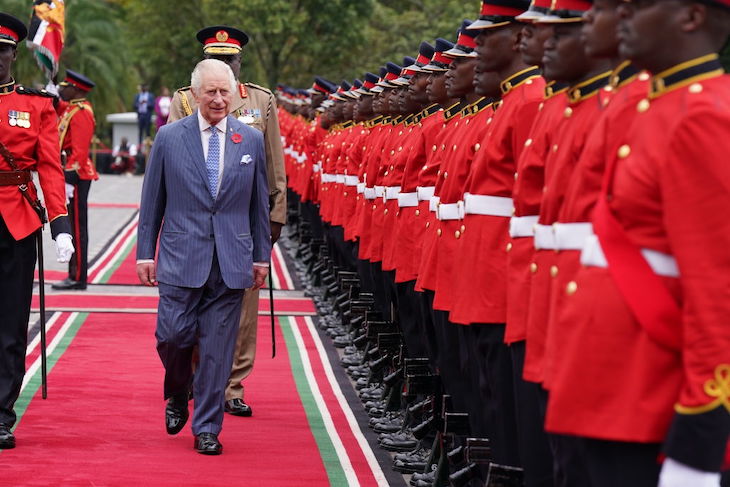
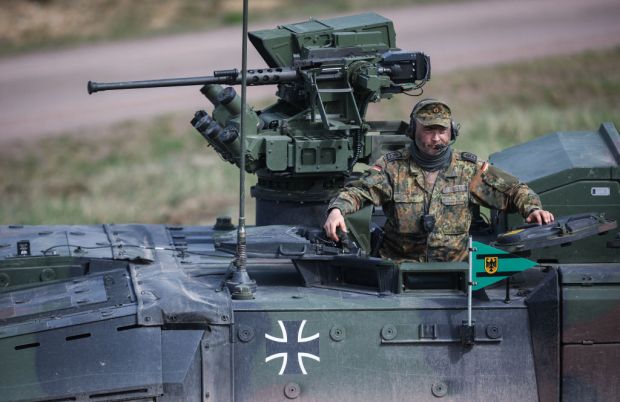
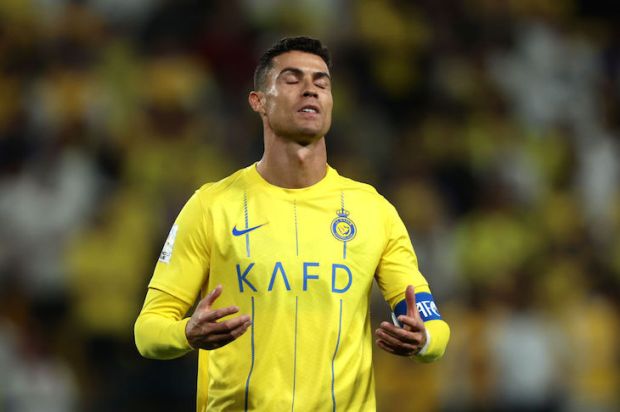
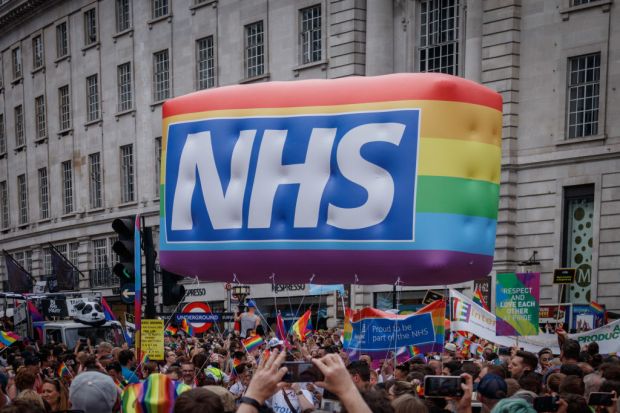
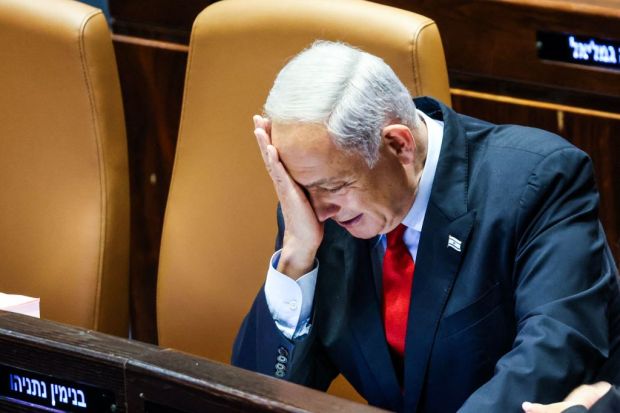
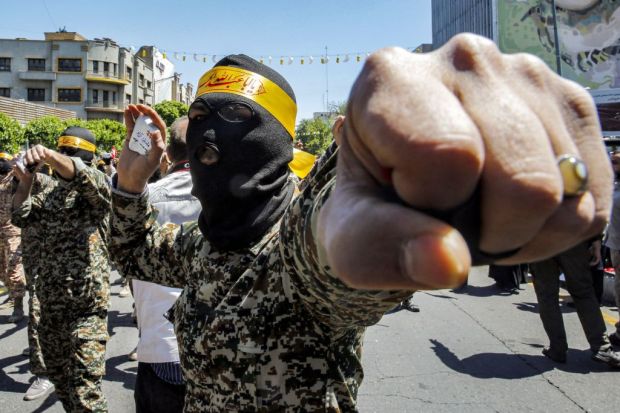
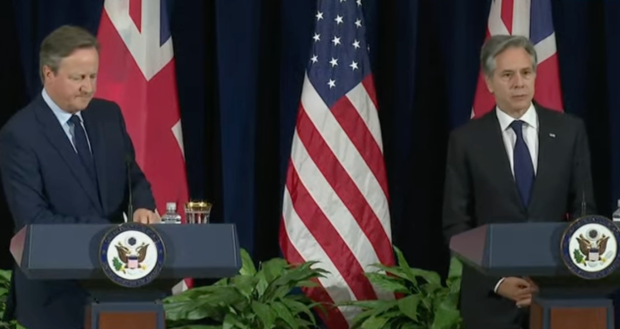












Comments
Don't miss out
Join the conversation with other Spectator Australia readers. Subscribe to leave a comment.
SUBSCRIBEAlready a subscriber? Log in